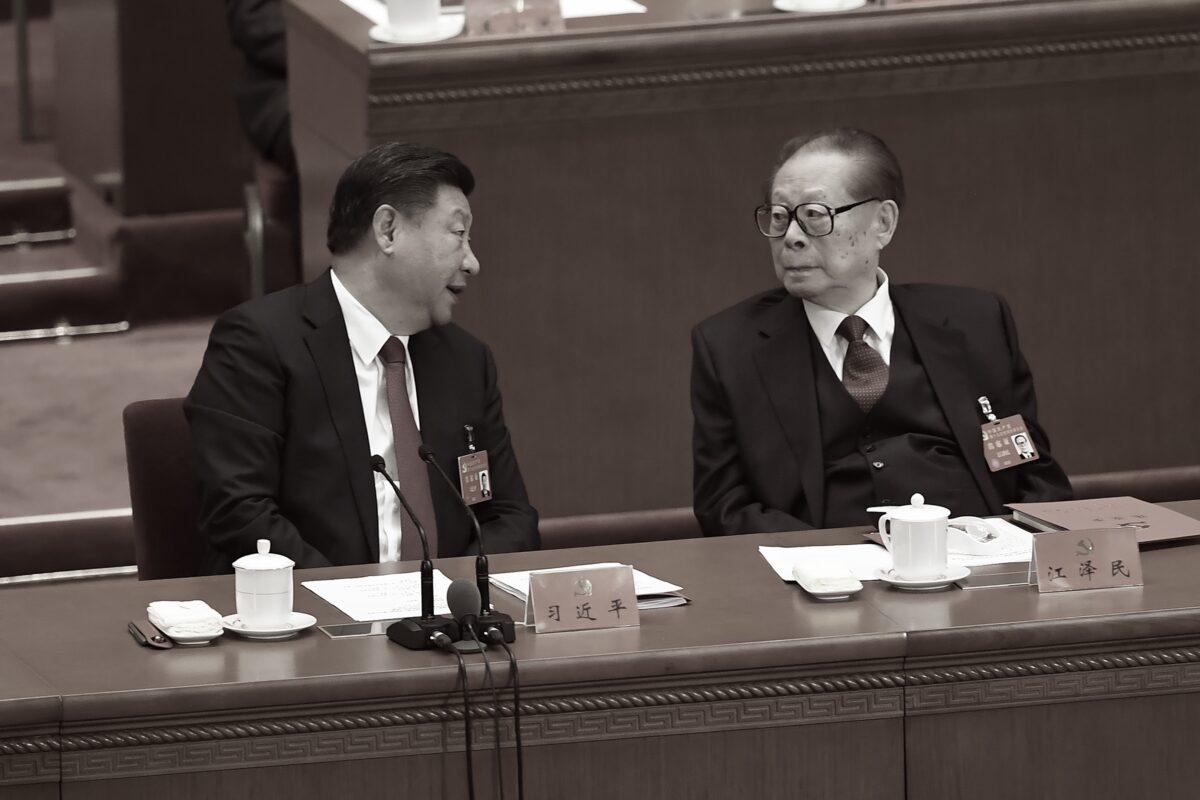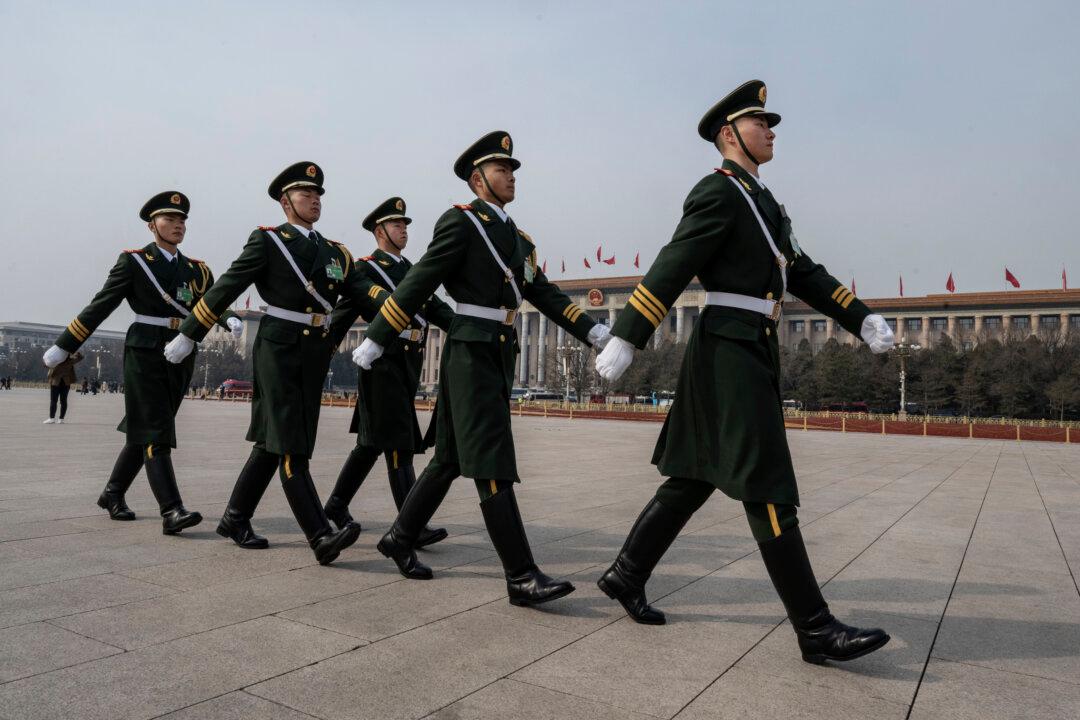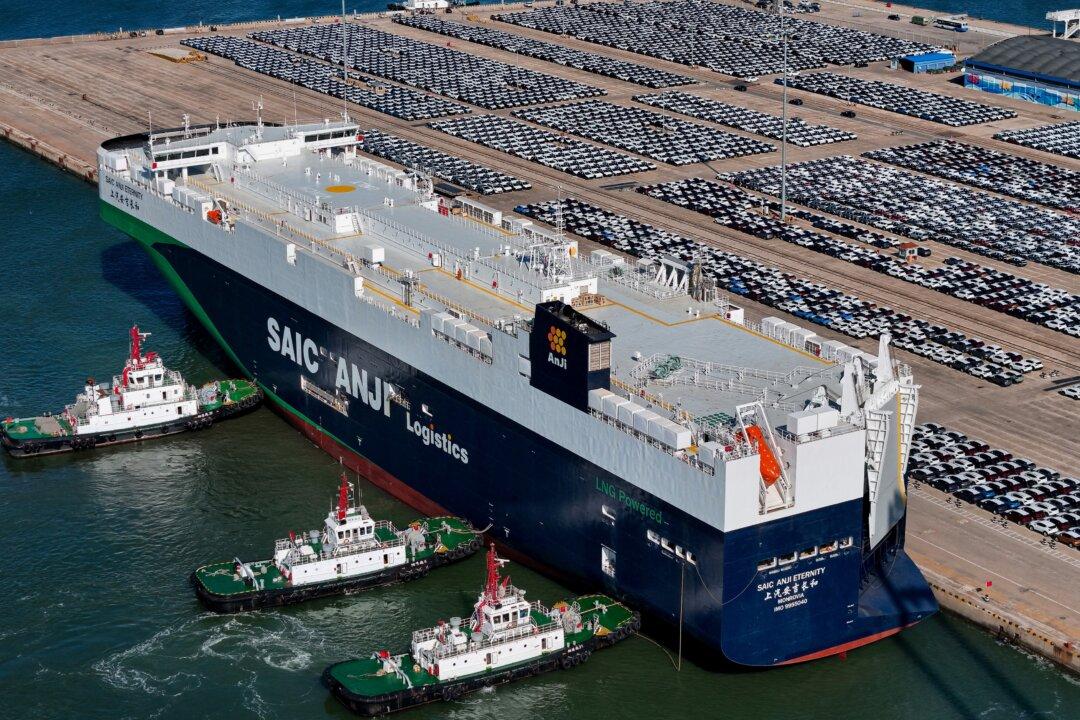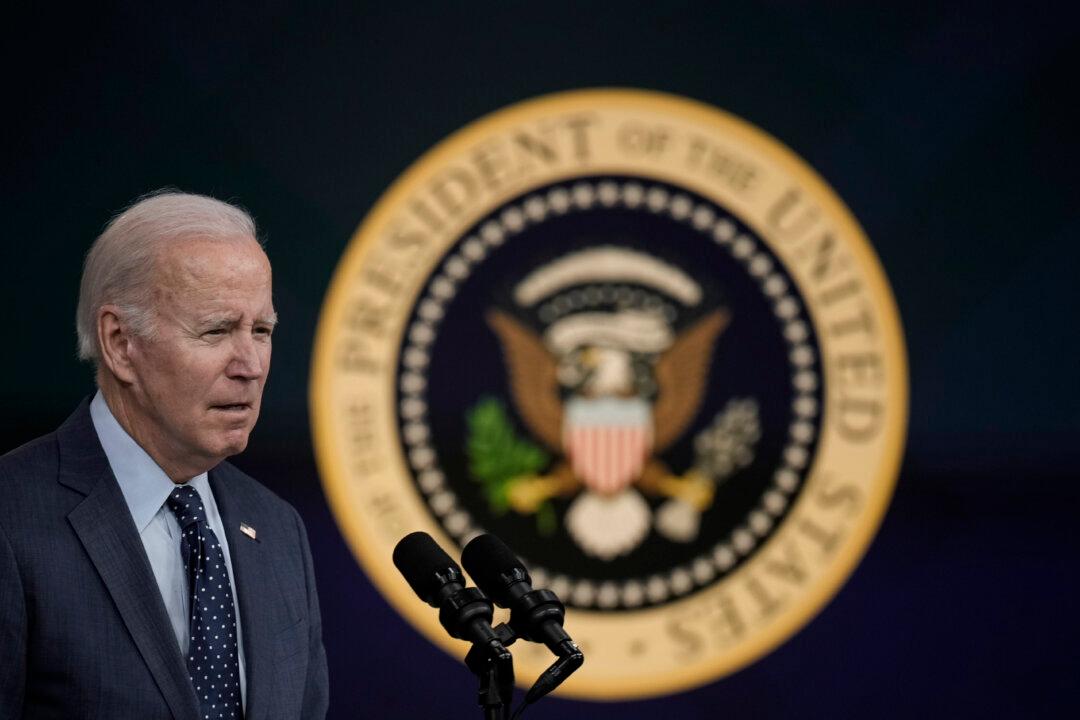While not fully explained, this appears to be the latest measure targeted at Chinese Communist Party (CCP) bureaucrats and apparatchiks in Chinese leader Xi Jinping’s decade-long anti-corruption campaign.
Anti-Corruption Campaigns
Anti-corruption campaigns are “a feature, not a bug” in communist regimes. Communist leaders frequently employ anti-corruption actions to divert domestic attention away from problems that are unsolvable—and exacerbated—by their socialist economic system.Socialist systems invariably lead to shortages of the basic commodities and services needed for daily life in a civilized country, including food, shelter, fuel, medical services, housing, and consumer goods. Ubiquitous side effects of those shortages are the long queues that average citizens must endure to obtain anything and everything.
All communist countries have underground economies that involve de facto bribery to obtain basic necessities, goods, and services. A key aspect is the monetization of bureaucratic positions, as communist apparatchiks use their power and control to sell favors outside normal procedures to those who can pay—and who wish to avoid those infernal queues.
The Soviet Union Example
It is axiomatic that when a communist leader publicizes an anti-corruption campaign, the initiative is intended to distract and misdirect citizens from far more serious problems and exert additional political controls on targeted groups.The Soviet-era anti-corruption campaigns diverted public attention away from recurring famines due to failed harvests that resulted from collective farming and crackpot Lysenkoism, as well as from the aforementioned shortages.
That corruption even extended into factory operators who frequently faced problems obtaining the supplies needed to produce end-products; managers used the “blat” to fulfill the production requirements for their enterprises. “Blat” refers to “the use of personal influence to obtain certain favors to which production units are not legally entitled.”

Corruption was essentially institutionalized as a fact of life in the old Soviet Union, and various Soviet leaders conveniently implemented anti-corruption campaigns to distract from the shortcomings of the Soviet economy and the daily hardships faced by Soviet citizens.
The Communist Chinese Experience
Corruption is endemic and a serious problem in communist China. The book “Red Roulette: An Insider’s Story of Wealth, Power, Corruption and Vengeance in Today’s China“ was published in September 2021. It provides special insight into the corruption of China’s ruling elite, including senior CCP members.Xi has made fighting corruption a centerpiece of his rule from the very beginning. In 2012, he charged the Central Commission for Discipline and Inspection (CCDI)—the agency tasked with battling corruption within the CCP—to aggressively pursue graft and corruption associated with the patronage system.
His goals were twofold: to consolidate his political power by pursuing “corrupt” factional rivals and to actually deal with continuing rampant corruption among CCP members and their economic allies.
The anti-corruption focus of the new commission was expanded beyond members of the CCP to include “managers of state-owned companies and institutions, including schools, universities, hospitals and cultural institutions.”
Xi has employed his anti-corruption campaign to punish Chinese billionaires aligned with his political rivals, particularly former leader Jiang Zemin’s faction.


And then, there was Xi’s pledge made on June 17 during a group study session of the Political Bureau of the CCP’s Central Committee “to continue with a zero-tolerance attitude toward corruption, while reiterating the need to create deterrents, strengthen the institutional constraints and build up moral defenses among officials,” according to state-run media China Daily.
Xi speaking about anti-corruption efforts should be an automatic red flag for all China watchers. Why at this particular time? What might he be hiding? Is this more communist misdirection away from serious problems?
- The ongoing bank runs: after years of communist rule and COVID-19 lockdowns, it appears a growing number of average citizens are losing trust in the country’s leaders and are afraid of losing their life savings.
- The forced “Zero-COVID” policy: lockdowns in Shanghai and other cities disrupted the Chinese economy and enraged those locked down at home for weeks.
- Real estate implosion: this manifested by the bankruptcy of property giant Evergrande and the associated debt bomb’s ripple effects throughout China’s economy.
- Faltering economy: the ongoing general implosion and collapse of the Chinese economy can no longer be hidden, as described in detail here by China expert Gordon Chang.
Conclusion
Anti-corruption campaigns are a feature of communist regimes, including communist China. Their purposes are three-fold: root out “corruption,” serve as a tool to exert and extend ideological and political control, and distract domestic audiences from serious problems.A centerpiece of Xi’s 10-year rule has been a continuing anti-corruption campaign. There are plenty of economic and social problems in totalitarian China today, virtually all of which were brought about by the policies of the CCP itself.
Should Xi’s latest announcement about “zero-tolerance toward corruption” be taken at face value? Or is it a signal to anti-Xi factional rivals that they should either support Xi’s bid for an unprecedented third term as Chinese leader at the next Party Congress or else face yet another “anti-corruption clampdown”? Or is he trying to deflect attention from some intractable problems that his failed policies exacerbated? I vote all three.





